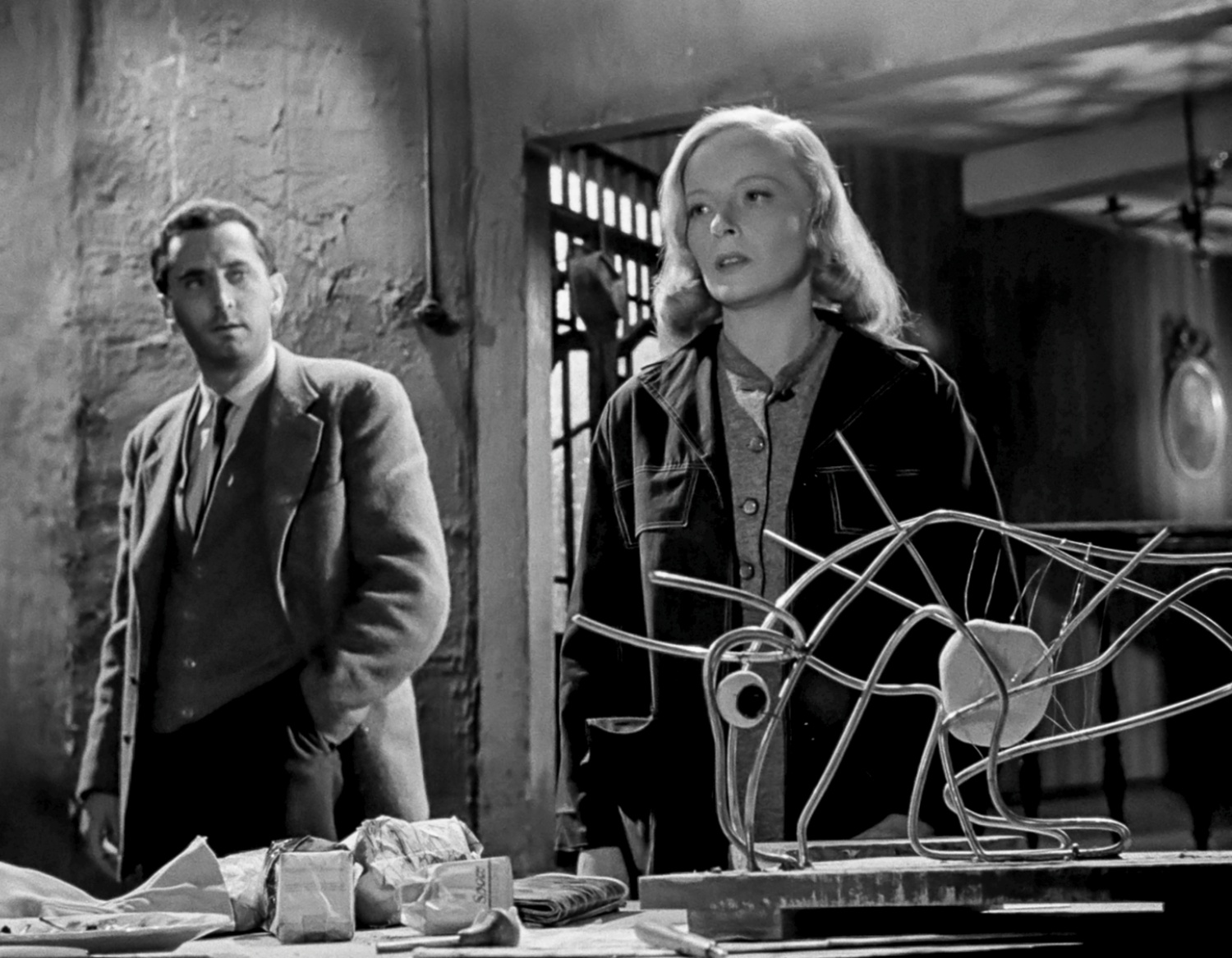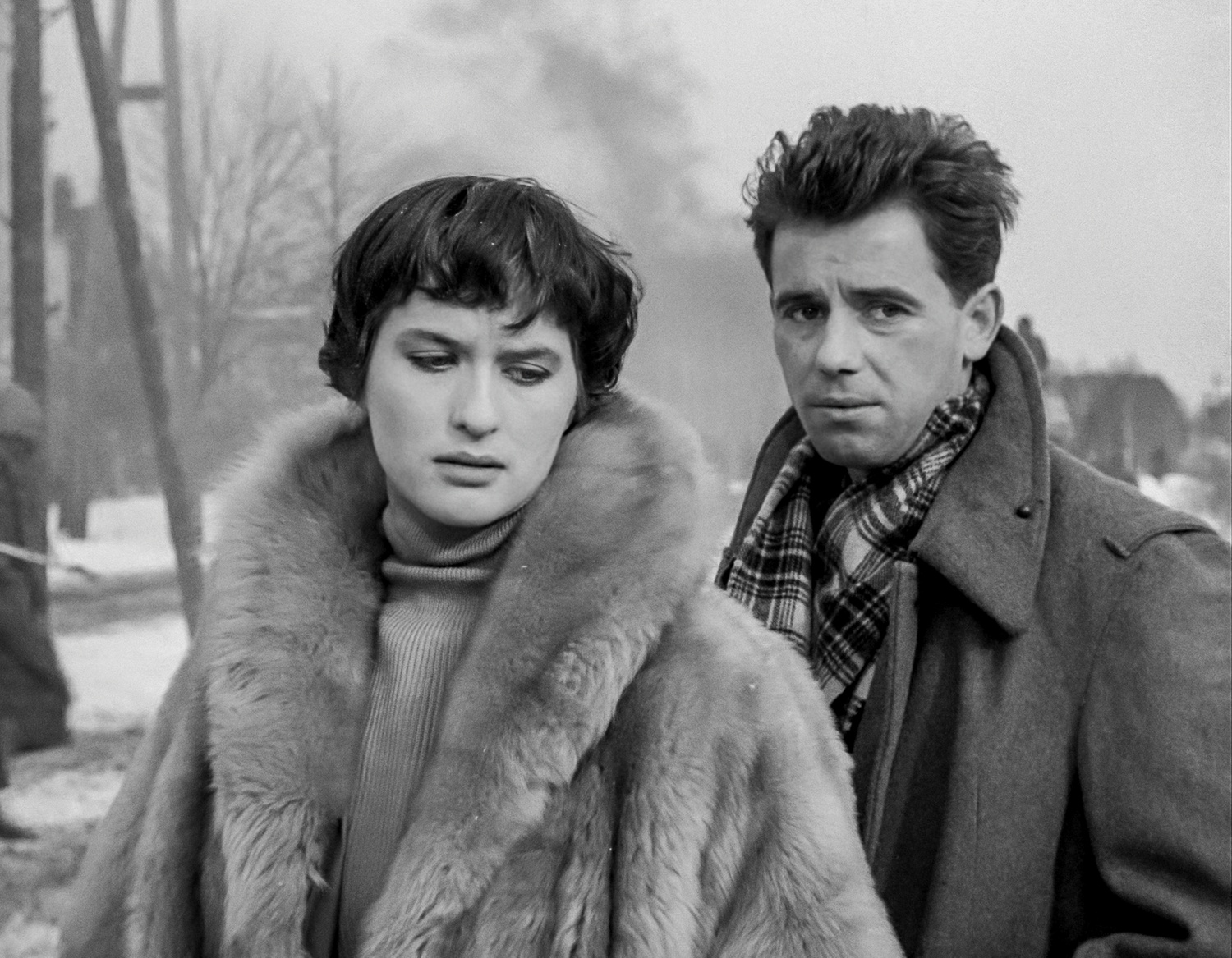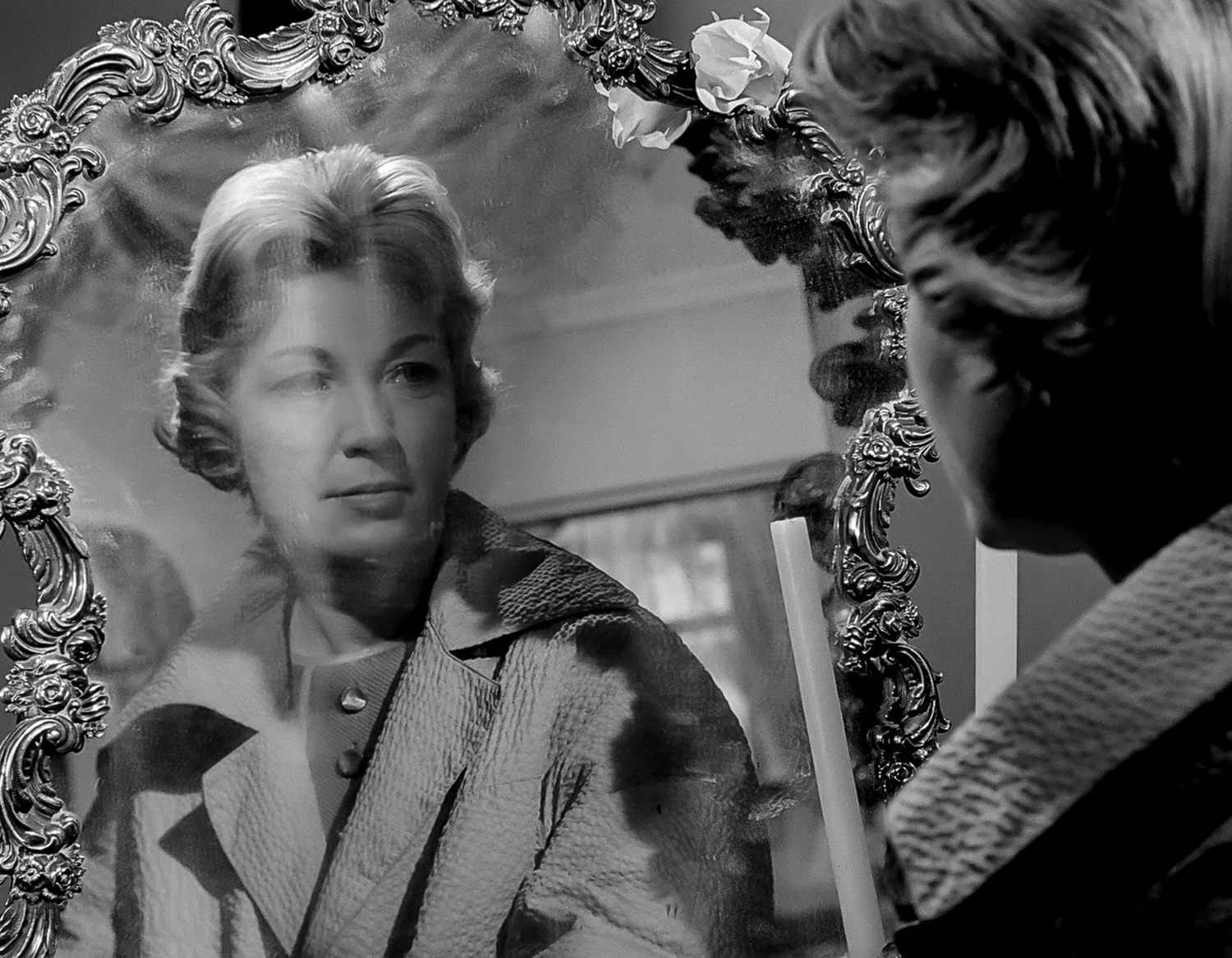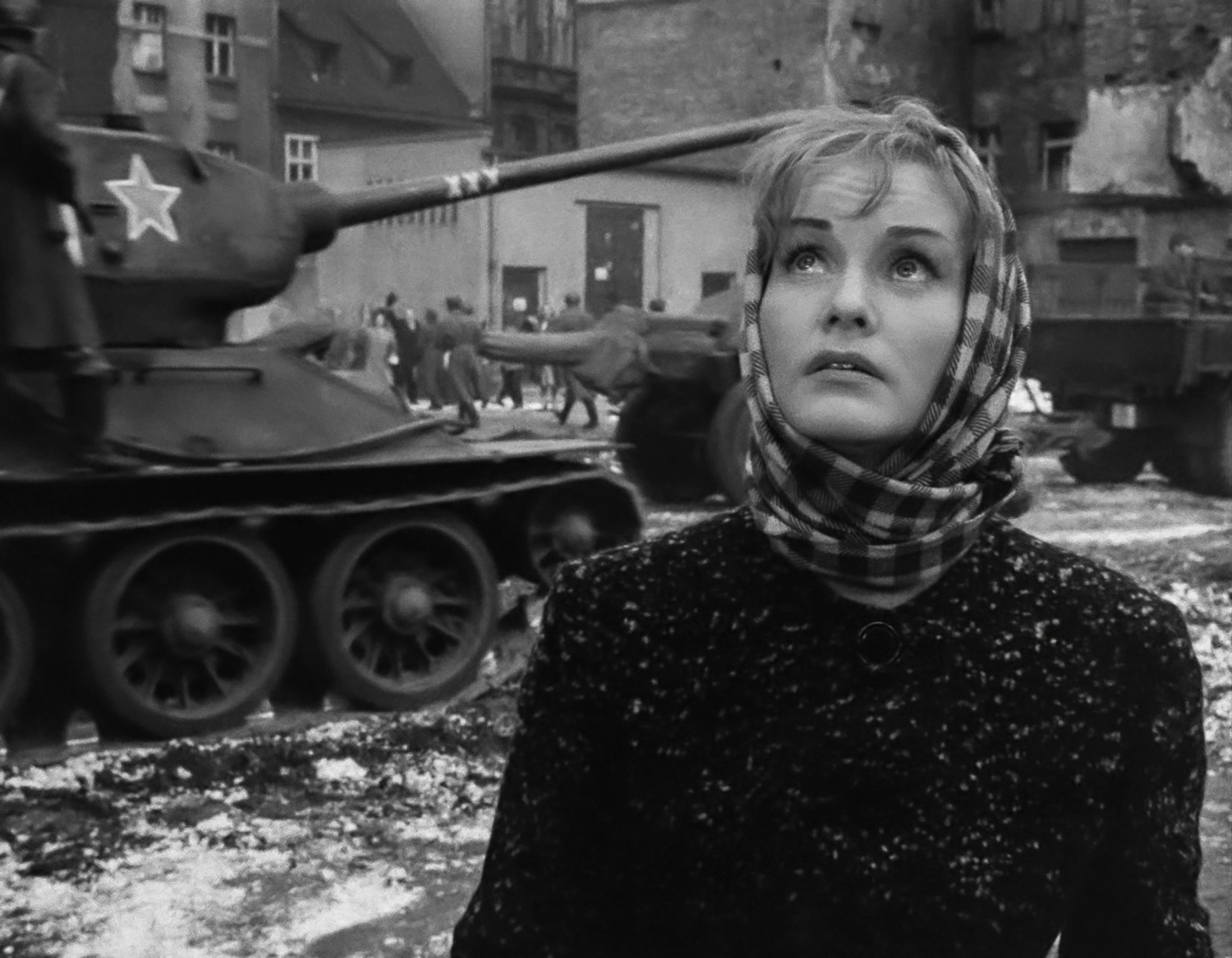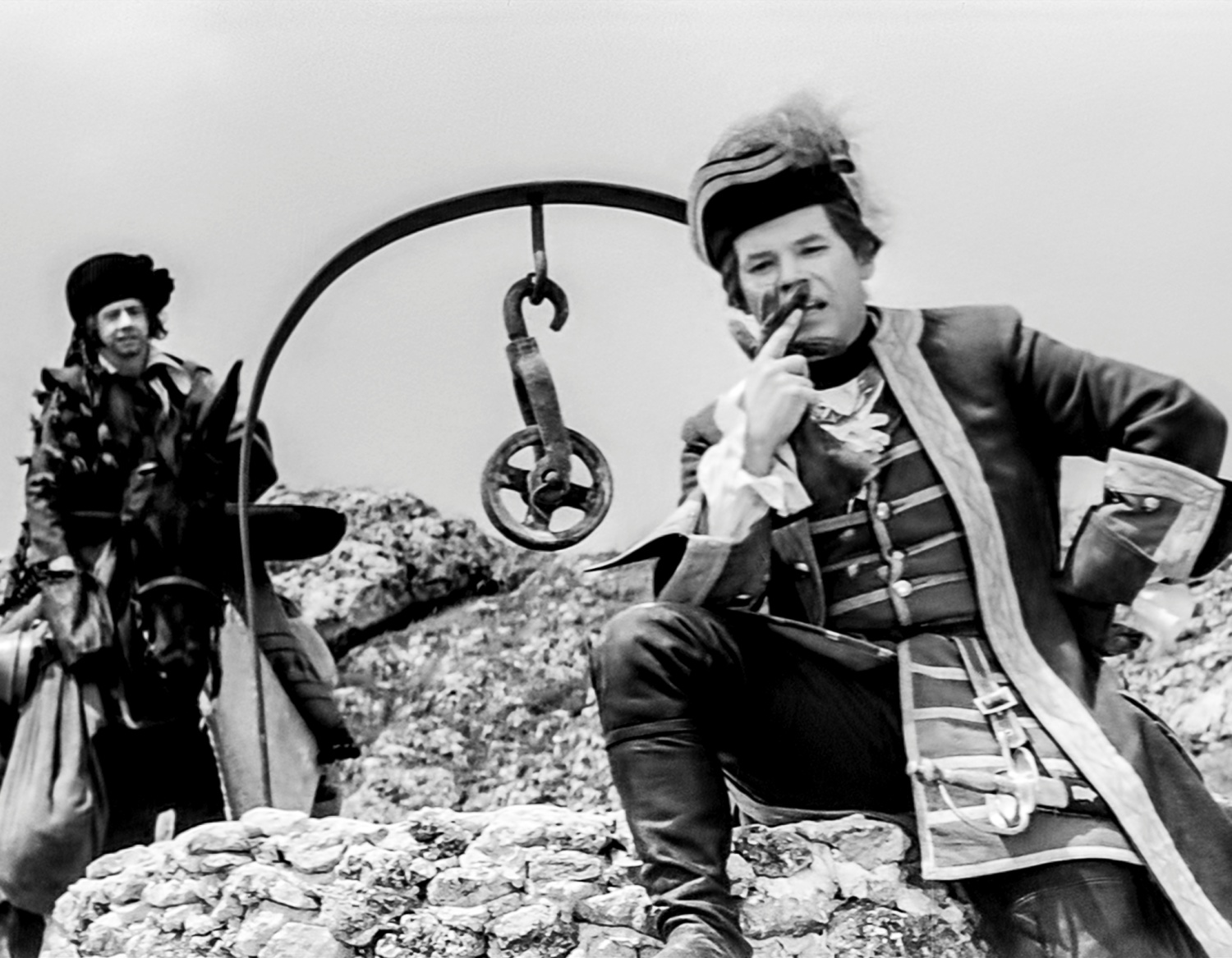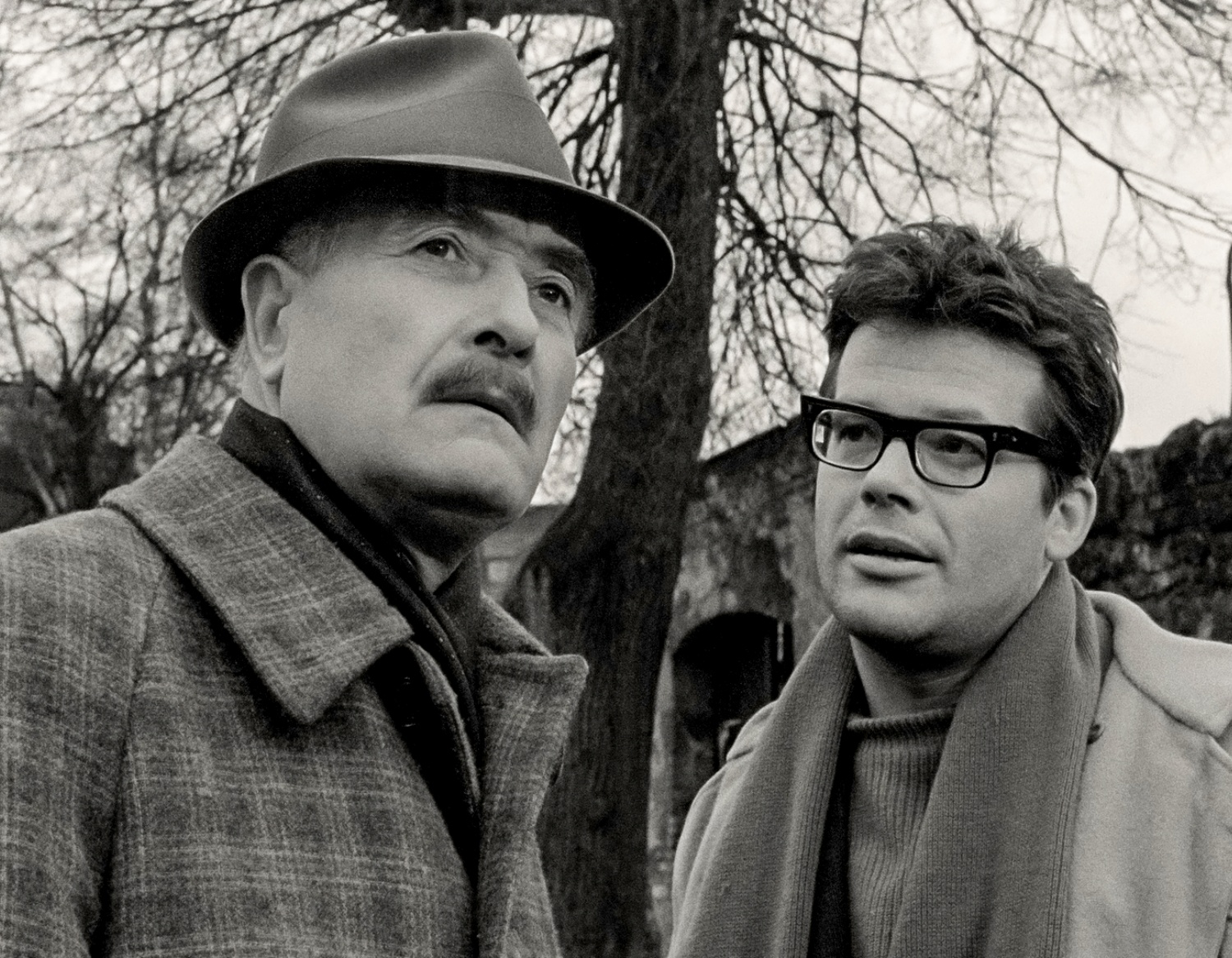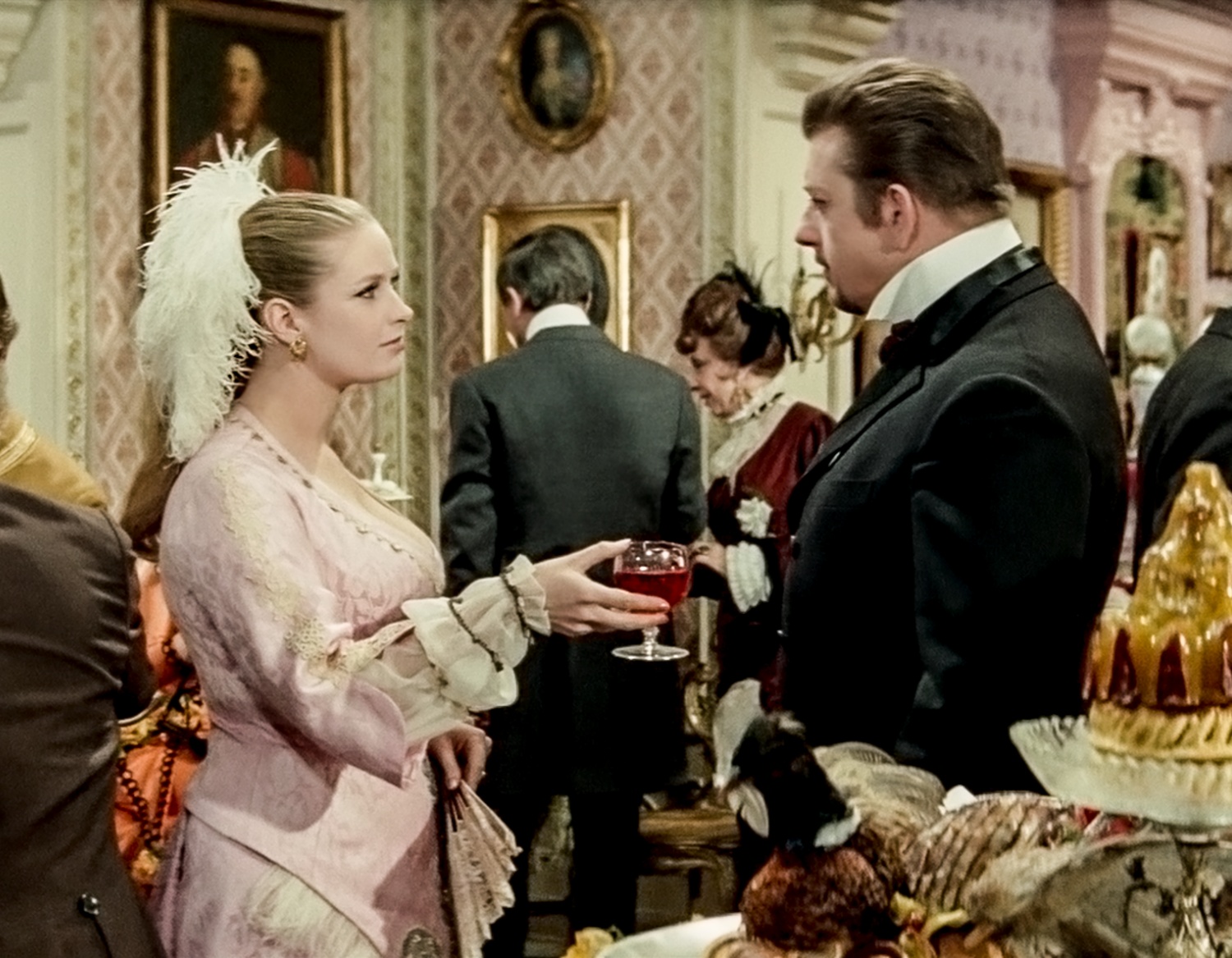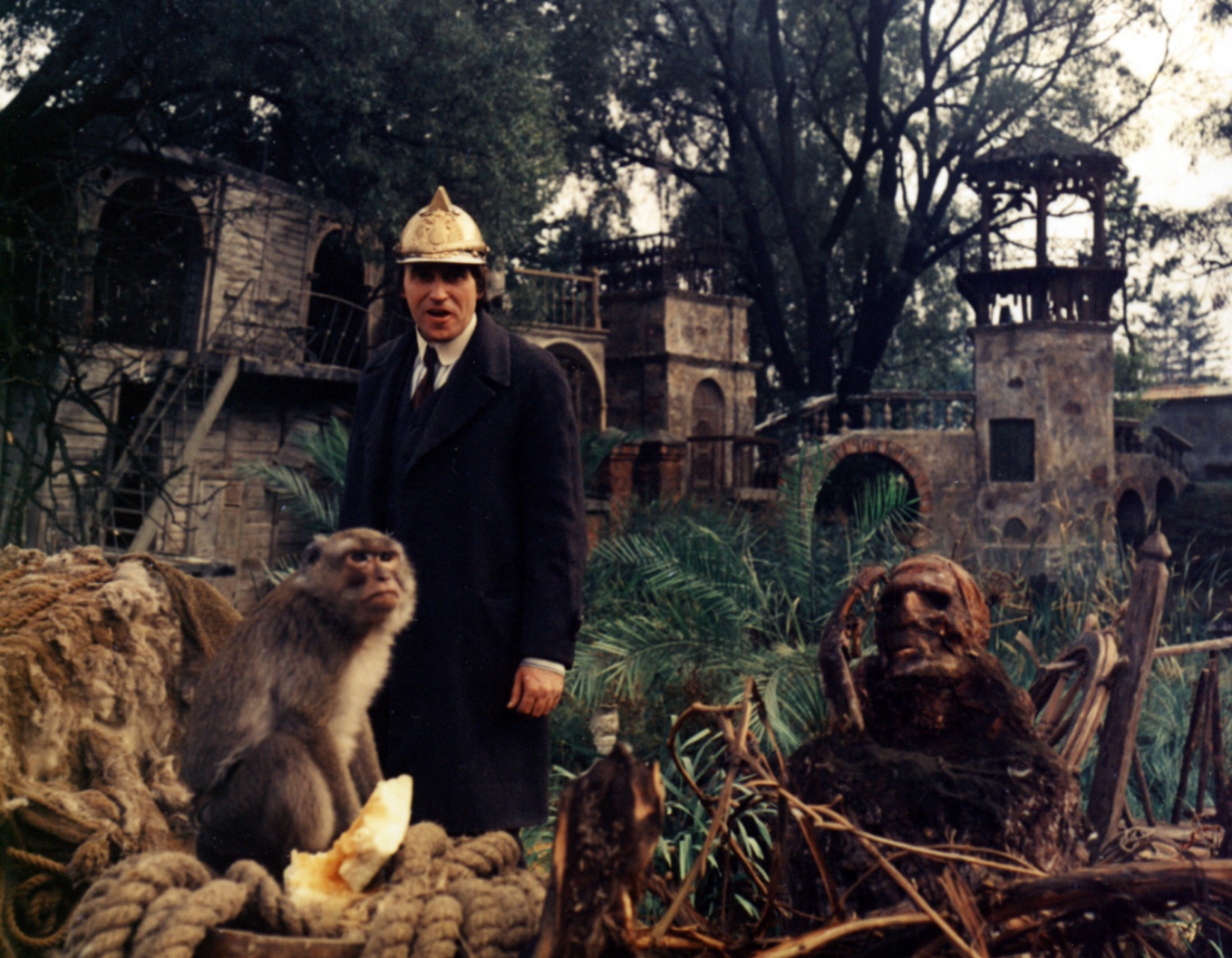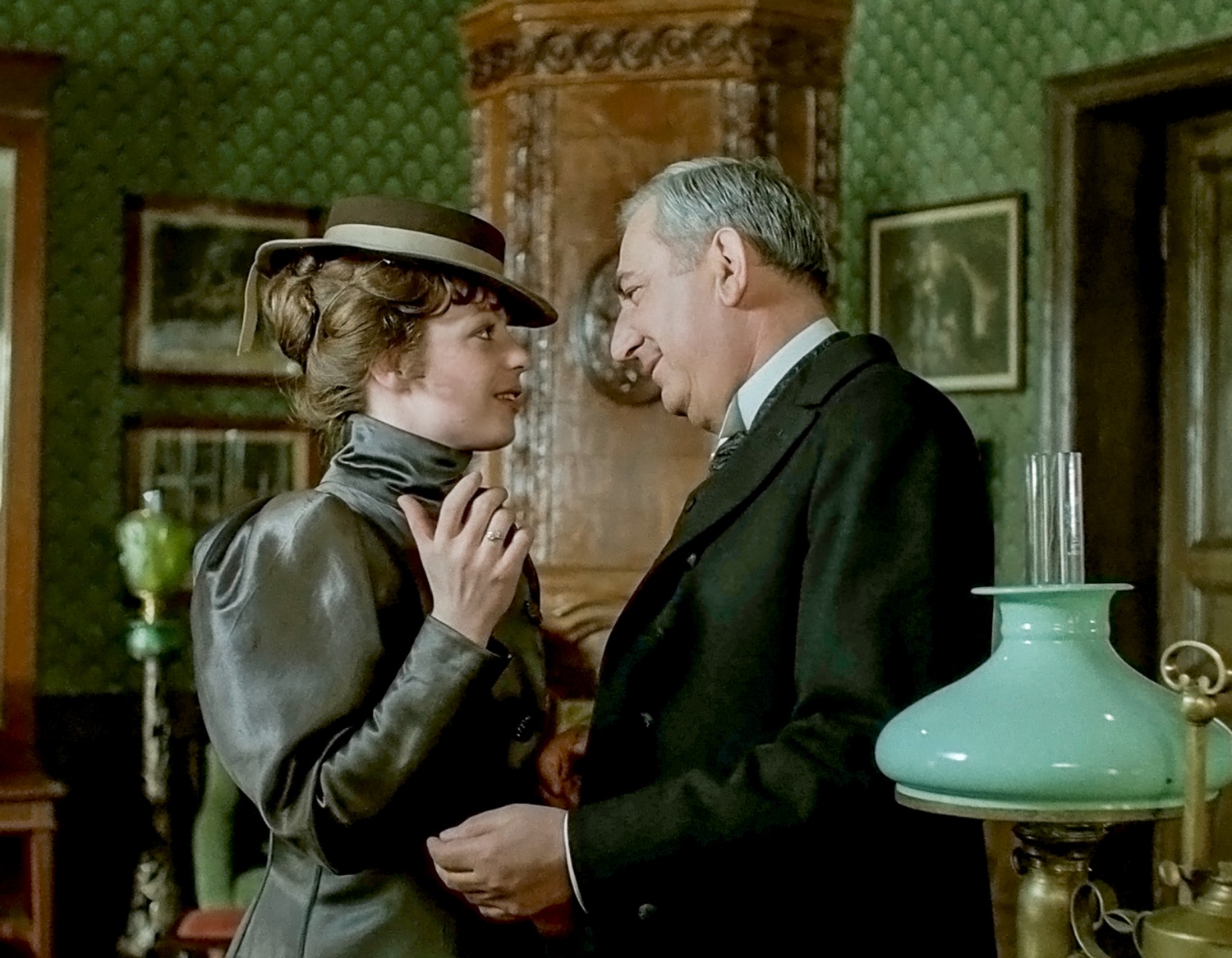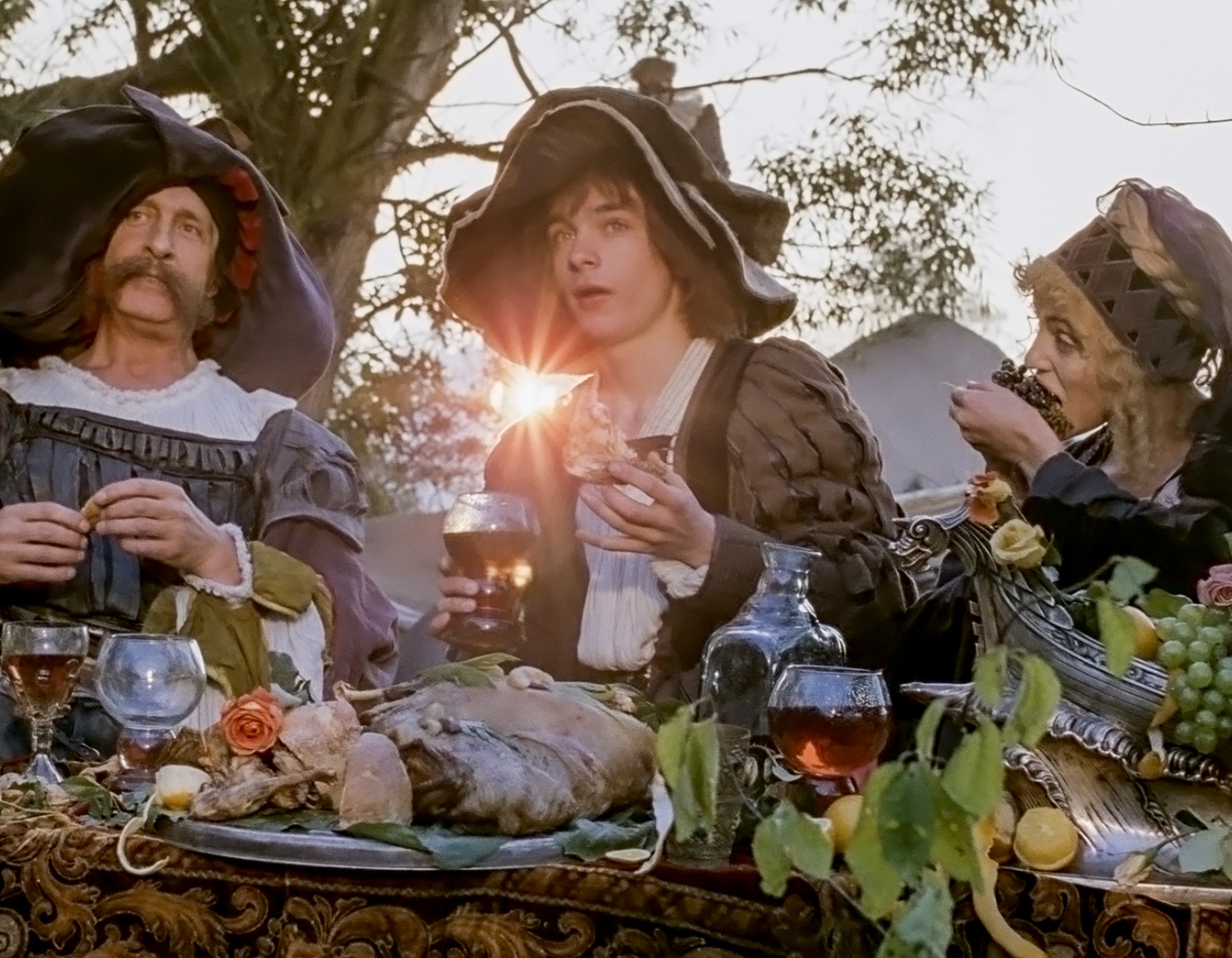Programme
The Existential Voyage of Wojciech Jerzy Has
At 19 St. Gertruda Street, Kraków, a plaque in honour of Wojciech Jerzy Has (1925-2000) sits at his former home behind a glass window, almost obscured by sunlight refraction. For this singularly inventive yet silently rebellious Polish master filmmaker, it is perhaps the most fitting tribute.
Windows are a recurrent motif in Has' films – an alcoholic gazing out at the street clock that tolls at his existential angst; and an elderly professor hiding behind curtains to lament life's futility. The divide between inner and outer worlds, the barrier between the tangible and the intangible, the duality of observing and being observed – all are revealed through a window. The window is still, yet time remains fluid; the subconscious invades reality, traversing freely across time and space. The past is overlaid onto the present, memory intertwines with dreams within the hourglass, oscillating back and forth as Has constructs the trajectory of his visionary cinema. Gliding through the labyrinth of time, his long takes and deep-focus lenses take us on the odyssey of his characters through physical and spiritual landscapes, peppered with bizarre imaginations, disorienting storylines, and fascinating dreams.
Emerging after World War II, Has stood apart from the prevailing Polish School of ‘the cinema of moral anxiety’. Distinct from Andrzej Wajda's historical scars, Jerzy Skolimowski's rebellious poetry, or Krzysztof Kieślowski's meditation on fate, Has was a prose poet of solitude and alienation, with a genius unnoticed in international cinema. Like a lone wolf, he had little interest in political strife or romantic heroism; his 14 feature films were mostly adaptations of Polish novels, set in the past to elude censorship. Never conforming to Socialist Realism during Stalinism, Has was closer in spirit to existentialism and the avant-garde, believing form is as important as content. Drawing inspirations as diverse as expressionsim, noir, surrealism, and the French New Wave, Has conceived an unparalleled cinematic universe, with his own sensibility and vision.
Though his talents remained largely unrecognised, Has’ works such as The Saragossa Manuscript and The Hourglass Sanatorium struck a deep chord with discerning admirers such as Martin Scorsese, Luis Buñuel, and the Grateful Dead's lead vocal Jerry Garcia, who contributed greatly to making his films known to the world. On the centenary of Has’ birth, revisiting his masterpieces reaffirms that true art transcends time.
Programme Partner
.png)

